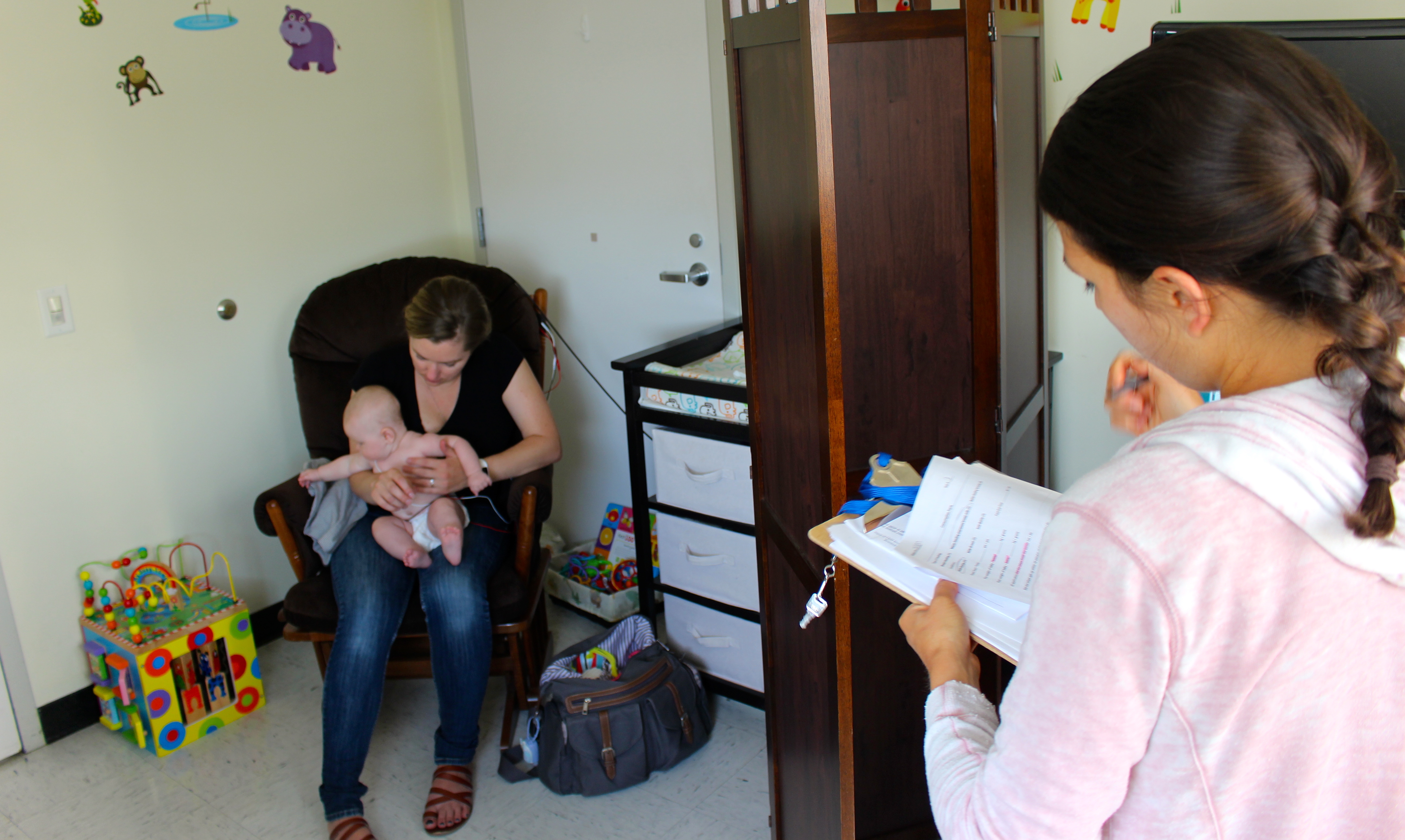New Grants Fuel Student-Faculty Research
Three STRIDE investigators will begin new research projects this year after receiving internal and external grant funding.
 Cal Poly Gender-Based Violence Prevention and Response Project
Cal Poly Gender-Based Violence Prevention and Response Project
With a new U.S. Department of Justice grant, kinesiology professor Christine Hackman will develop, implement, and evaluate sexual assault prevention education on campus and in the community. With the help of a full-time project coordinator, Hackman hopes to expand prevention services for sexual assault and increase victim services. Working in conjunction with Cal Poly’s Students Active For Ending Rape (SAFER), Hackman’s three-year grant will expand services for underserved populations and increase educational programming on bystander intervention and healthy relationships.
 Cancer Survivor Study
Cancer Survivor Study
Cal Poly’s Research, Scholarly and Creative Activities Grant Program (RSCA) aims to support new tenure-track faculty through research and activities funding. Kinesiology Professor Sarah Keadle will expand her research after receiving an RSCA grant to study physical activity and incentives in adolescents and young adult cancer survivors. With the help of student research assistants, Keadle will investigate “whether using activity monitors in combination with charitable incentives leads to greater increases in physical activity compared to activity monitors alone,” according to her abstract.
Can Augmented Reality Shape Food Choices and Reduce Waste in a University Cafeteria?
Using their RSCA grant, marketing professors Brennan Davis and Joachim Scholz together with STRIDE Director Suzanne Phelan hope to learn whether augmented reality can result in a change in food consumption and food waste. Augmented reality is “the practice of “augmenting a real-time direct or indirect view of the physical world with virtual information,” according to the grant proposal. Specifically, the researchers will set up tablets displaying information about available food options at campus dining facilities and will track consumer behaviors. They hope the augmented reality will lead to reduced portion size, increase in selection of healthy foods, and decrease in selection of unhealthy foods. Researchers hope that preliminary findings from the RSCA funding will make them competitive for an external grant.
Scholz, Joachim and Andrew Smith (2016), “Augmented Reality: Designing Immersive Experiences that Maximize Consumer Engagement,” Business Horizons, 59 (2), 149-61.
External Grants Awarded in Summer 2017:
|
Principal Investigator |
Title of Grant |
Funding Institute |
Grant Number |
Total costs (direct and indirect) funded |
|
Hackman, Christine |
Cal Poly Gender-Based Violence Prevention and Response Project |
Department of Justice - Office on Violence Against Women |
2017-WA-AX-0011 |
$300,000 |
|
Hagobian, Todd |
Ripple effect of lifestyle intervention during pregnancy on partners’ weight |
DHHS - National Institutes of Health (NIH) |
12-306 |
|
|
Phelan, Suzanne |
Prevention of gestational diabetes through lifestyle modification before pregnancy |
DHHS - National Institutes of Health (NIH) |
15-341 |
$1,180,499.00 |
|
Phelan, Suzanne |
Meal time interactions and risk of obesity in toddlers |
DHHS - National Institutes of Health (NIH) |
16-042 |
$1,180,499.00 |
|
Tseng, Marilyn |
A Biobehavioral Model of Diabetes Risk in Chinese Immigrants |
DHHS - National Institutes of Health (NIH) |
15-170 |
$121,426.00 |



